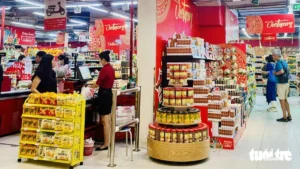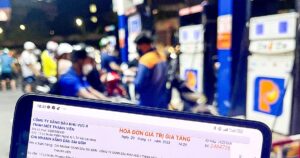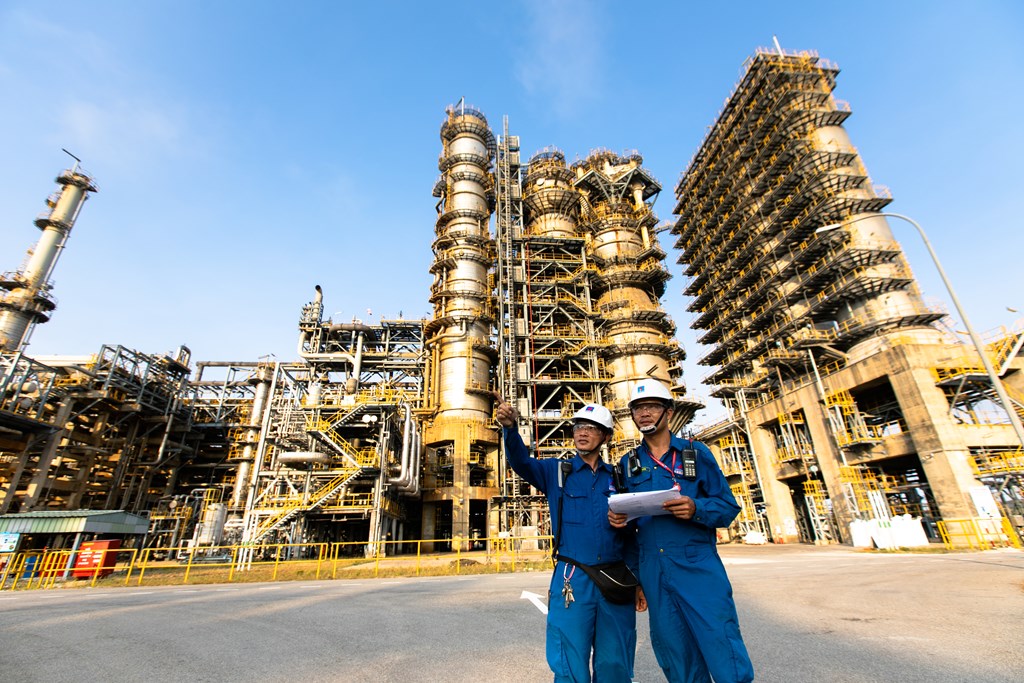For the second consecutive year, BSR received good news, when Fitch Ratings announced its long-term default credit rating (IDR) for the unit (stock code BSR) at ‘BB+’ with ‘Stable outlook’.
Highly ranked for contributing to national energy security
According to a report by Fitch Ratings (one of the three largest rating agencies in the world), Binh Son Refining and Petrochemical Joint Stock Company (BSR) plays an important role in maintaining national energy security in Vietnam, with the ability to supply about 35% of the country’s petroleum needs. Together with Nghi Son Refinery, Dung Quat Oil Refinery (Dung Quat Oil Refinery) managed by BSR has contributed to ensuring energy security for Vietnam, reducing the need for petroleum imports.
According to the roadmap to 2028, when the Dung Quat Oil Refinery upgrade and expansion project is successfully implemented, the plant’s capacity will increase from 148,000 barrels/day to 171,000 barrels/day. This increase will be accompanied by improvements in efficiency, processing capabilities and product optimization. This will help BSR improve its competitiveness and operational efficiency in the long term.

According to Fitch Ratings, BSR is one of the key enterprises of the Vietnam Oil and Gas Group (Petrovietnam). In assessing this, Fitch Ratings based on the criteria for rating the relationship between the parent company and its subsidiary (PSL). Specifically, the relationship between BSR and Petrovietnam, to assign a long-term default credit rating for BSR at “BB+” with a “Stable Outlook”. This also reflects the strategic role and important support from Petrovietnam for BSR in its production and business activities as well as the company’s sustainable development strategy.
BSR General Director, Mr. Bui Ngoc Duong shared that it was not easy for Fitch Ratings to rate at the above level. Because before being rated, BSR spent a long time working with Fitch Ratings to evaluate, collect data, and interview the company’s leadership.
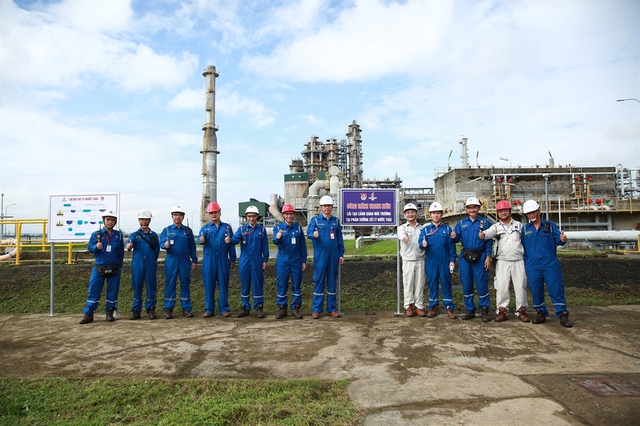
Accordingly, the credit rating is conducted continuously, independently and objectively according to the process and criteria of Fitch Ratings. The above credit rating results from the leading international organization will be a useful assessment tool for domestic and foreign investors to consider and make long-term investment cooperation decisions with BSR.
Over the past two years, BSR’s proactive participation in the assessment with Fitch Ratings also demonstrates BSR’s commitment to potential investors regarding operational efficiency, responsibility and obligations to comply with international law.
Pioneering aspiration of Vietnam’s petrochemical industry
Dung Quat Oil Refinery is one of the first oil refineries in the country, playing an important role in laying the foundation for the petrochemical industry and contributing to ensuring national energy security. With such a management and operation role, BSR has the aspiration to be a pioneer in the development of Vietnam’s petrochemical industry.
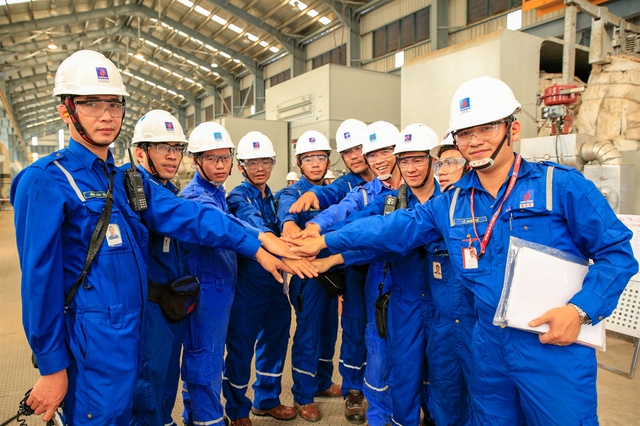
Since its inception, Dung Quat Refinery has always operated safely and stably, supplying the market with more than 91 million tons of various products. Total revenue has reached nearly 1.6 million billion VND, contributing nearly 224 trillion VND to the State budget (equivalent to more than 9 billion USD), 3 times the total investment of Dung Quat Refinery.
Over time, BSR has grown stronger and stronger, not only in the oil and gas industry, but also in the Vietnamese business community. Typically, in 2023, BSR was the 4th enterprise in the Top 500 enterprises with the largest capitalization in Vietnam.
BSR has contributed significantly to the revenue and profit of Petrovietnam and the budget of Quang Ngai province. BSR also plays an important role as a macro-regulatory tool of the Government related to the supply of petroleum, ensuring national energy security and providing special fuel for national defense.
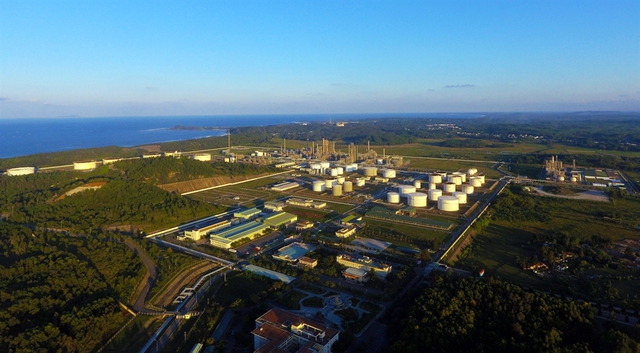
It can be said that Dung Quat Oil Refinery has had a great impact on the socio-economic development of Quang Ngai province and the Central Highlands region. That is, it contributes to economic development, infrastructure; linking industries and regions, supporting tourism and service development; logistics, freight transport and marine economy; developing industry in general and supporting industries associated with petrochemical and energy products; attracting domestic and foreign investment…




